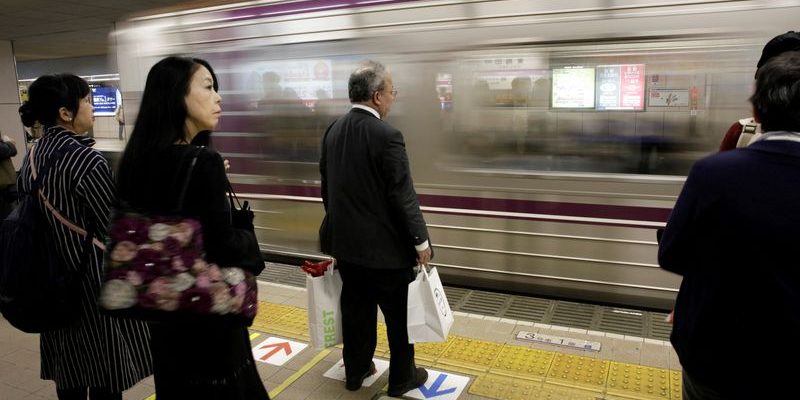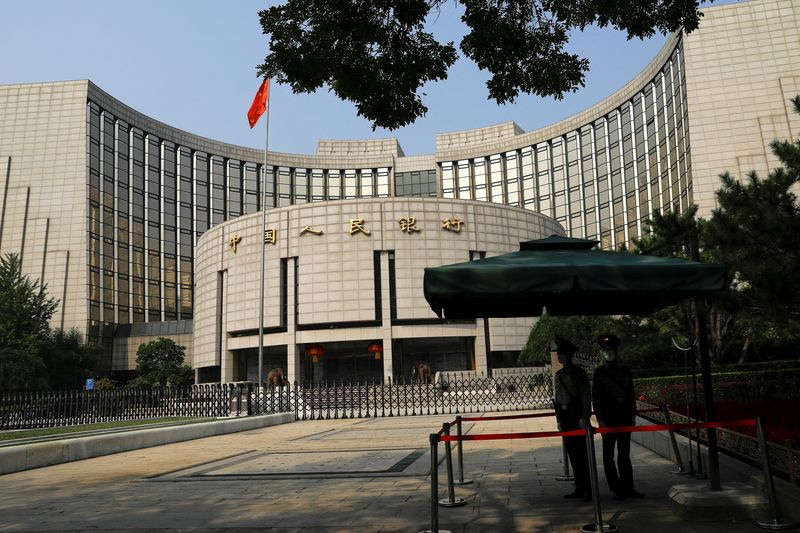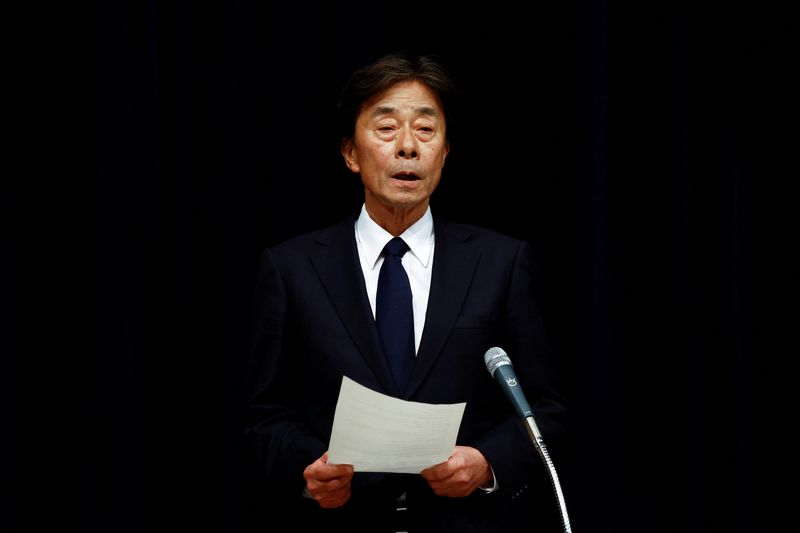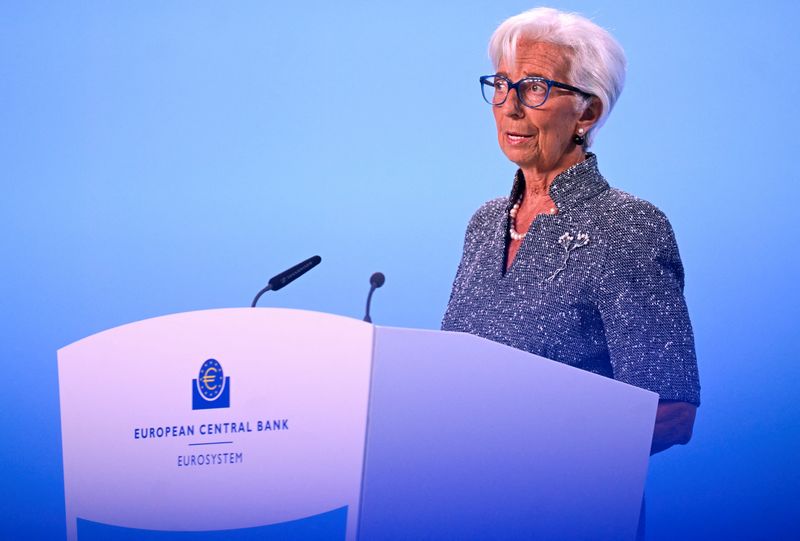
By Makiko Yamazaki and Kentaro Sugiyama
TOKYO (Reuters) – At least two candidates vying to become Japan’s next prime minister are planning to tackle one of the country’s most sacred political cows: labour market reforms that would make it easier for businesses to hire and fire workers.
Shinjiro Koizumi, the 43-year-old son of former premier Junichiro Koizumi, and Taro Kono, who as digital minister is trying to promote more innovation, have both called for relaxing Japan’s rigid labour rules.
Those rules have been a feature of Japan’s “salary-man” corporate culture for decades, dating from when the country’s post-war population was growing and its traditional labour model of lifetime employment was effective.
But rigid labour rules have been more recently blamed for blocking the movement of labour from mature sectors into growing ones where employees are needed in a tight labour market.
“The ongoing labour market reform is missing the crux of the issue, and that’s the revision to dismissal rules,” Koizumi said this month.
“An ultimate growth strategy is to create a system that fosters a labour shift to startups and small firms in growth sectors,” said Koizumi, who pledged to submit a labour reform bill next year if elected party leader.
Kono specifically proposed establishing a monetary compensation framework for dismissed workers as a way to settle disputes, a step he said would allow more flexibility in the labour market.
Overhauling dismissal rules is politically sensitive in Japan, having been repeatedly pushed back with little progress made in the past.
International bodies such as the Organisation for Economic Cooperation and Development (OECD) have also long blamed the lack of employment flexibility for Japan’s low labour productivity, low rates of new business entries and income gap between regular and non-regular staff.
On average, Japanese workers have been with their current employer for 12.3 years, compared to 4.1 years in the United States and 9.7 years in Germany. A Gallup poll found only 6% of Japanese workers engaged in their jobs compared to the 23% global average.
The statutory law on dismissal is vague, but judicial precedents have established four criteria that have to be met, raising the bar high for layoffs, experts say.
The rules, for example, require the company to prove that there is an economic need to decrease its workforce and all efforts have been made to avoid dismissals when firing employees.
“The biggest issue is that these rules are based on judicial precedents decades ago,” said Kotaro Kurashige, a lawyer who specialises in labour issues.
Japan’s Liberal Democratic Party, which has a parliamentary majority, will elect a new leader on Sept. 27, with the winner to replace outgoing Prime Minister Fumio Kishida. A record nine candidates are running in the race.
PUSH-BACK
As in the past, the policy pledges by Koizumi and Kono have sparked heavy backlash on social media and from labour unions, as well as from conservative lawmakers worried such changes could increase layoffs.
“I strongly object to any relaxation of rules that allow companies to freely fire workers,” Tomoko Yoshino, the president of Japan’s largest labour organisation Rengo, said in an emergency study session last week.
Some also doubt the validity of the argument that relaxed dismissal rules would help rejuvenate the economy.
“It may not be true that relaxed rules would promote a shift of labour to growth sectors and overall wage growth, as dismissed workers may end up with low-paying jobs,” Takuya Hoshino, economist at Dai-ichi Life Research Institute, said.
The negative reactions have forced Koizumi to water down his pledge and shift his focus more to increasing support for workers to acquire skills and find new jobs, initiatives already launched by the Kishida administration.
Still, proponents say the opportunity for reform is now greater than in the past, as Japan exits years of deflation with companies delivering the biggest wage hikes in three decades this year and the jobless rate consistently below 3%.
Suntory Holdings CEO Takeshi Niinami, one of the leading voices of corporate Japan, welcomed the issue coming up during the ruling party leadership race.
“Those rules were created during the manufacturing-centred postwar economic boom and must be reviewed,” said Niinami, who also serves as chair of the Keizai Doyukai business lobby.
It’s good timing for such discussion as labour shortages and tougher competition for talent have begun to push up wages, he said. “I want new-generation leaders to discuss how to change all postwar frameworks without any taboo.”












